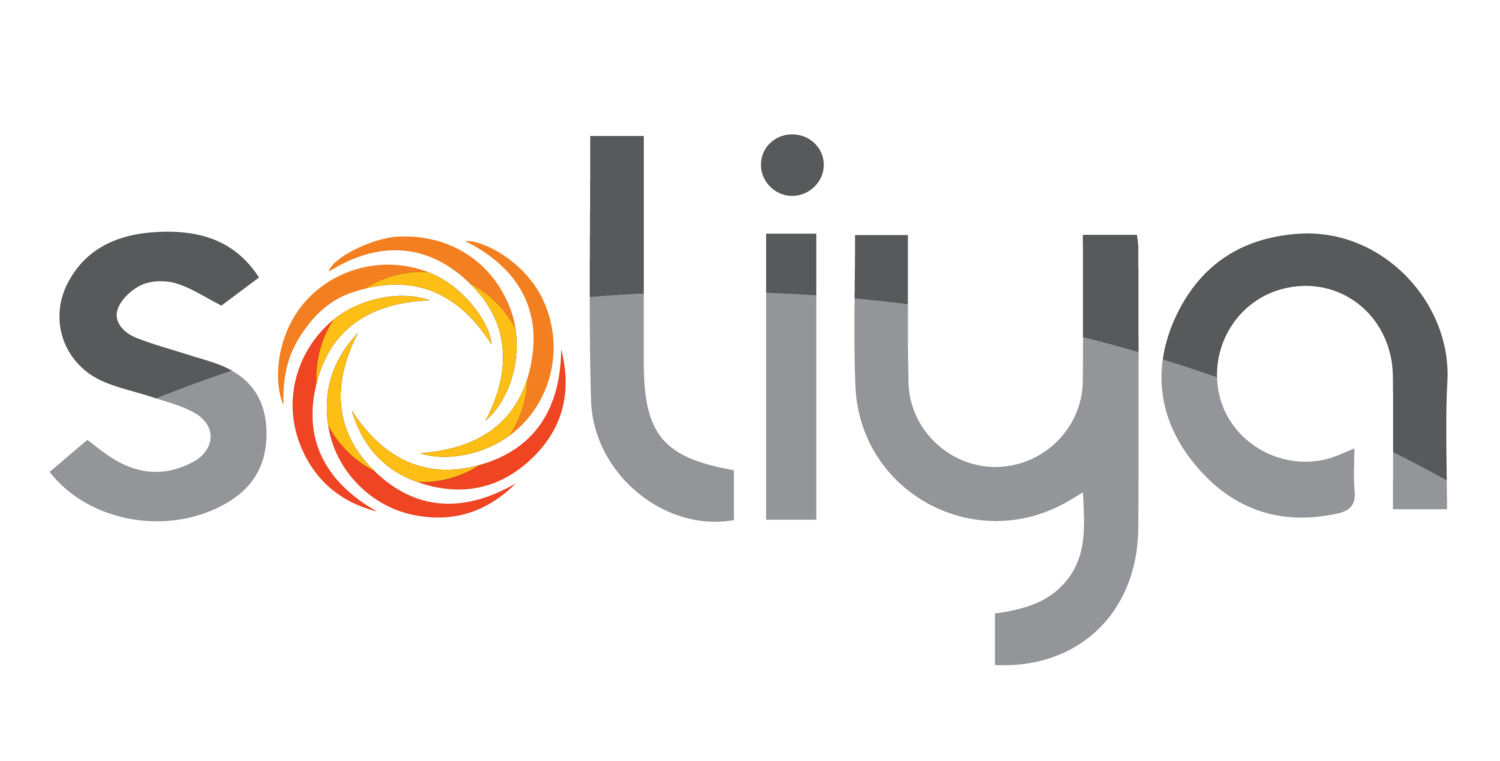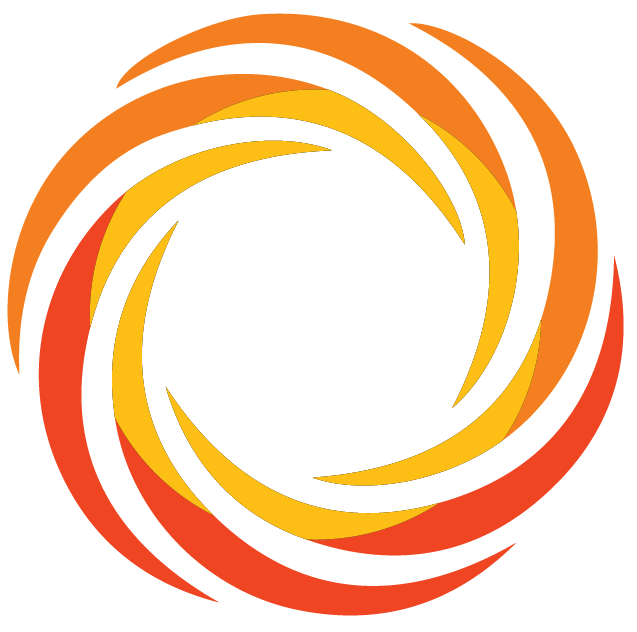Global Circles Digest | Do we trust science?
Global Circles Digest – a synthesis of the dialogue based on facilitator observation reports, reflecting on converging and diverging views and emotions expressed during the exchanges. The digests don’t make attributions to participants to preserve the private and safe nature of our dialogue spaces.
Written by Rafael Tyszblat, an innovation and design specialist at Soliya overseeing content and curriculum development for new dialogue and training projects.
In the past few years, science has been under scrutiny, with its tenets and validity being questioned across various axes. Be it climate change, Covid-19 and its vaccines, or Artificial Intelligence and its growing role in our daily lives, it can be hard for non-experts to make up their minds about topics that are hard to understand. It can be easy to get caught up in arguments to defend one’s position, whether informed or uninformed, on any of these subjects because they are so present and important in all our lives.
In November 2021, this round of Global Circles brought together 170 participants dispatched in 13 groups and representing 24 countries to discuss their perceptions and relationship to science. The understanding of science was different for all participants, as some studied medicine or chemistry while others studied political science. The topic also had the potential to be fairly controversial given group members’ varying levels of trust toward authorities. As always, the facilitators played their roles in ensuring safety, bravery, and progression of the conversation. They worked to ensure bold discussion without transgression of group agreement, maintaining constructiveness while pushing the boundaries of comfort in the discussion. As well, facilitators encouraged participants to think about the sources of their information, to conduct research, and to balance their opinions with fact-finding and critical thinking.
Here are some questions that were asked:
What is science? How does it differ from other fields like journalism?
Does science mean truth?
What should be the relationship between science and government?
What makes you trust or distrust a source or an article?
How do you differentiate between truth, facts, opinion, and propaganda?
What are some trusted sources that you would recommend for others to get more knowledgeable about scientific issues?
Many groups spent time defining science in detail and tried to clarify what it is and isn’t: bias reduction, thorough experiments, and evidence were mentioned among the criteria of science. All participants were invited to unpack the notions of trust and reliability, differentiating it from faith. Some mentioned the importance of critical thinking and education as a method to promote towards scientific data while others posited that these are not enough. The question of trust often gave way to two views, one explaining that scientific research and experiments should be trusted and the other arguing that it is still important to question everything. For many, there seemed to be a shared understanding that science can be both trusted and questioned to ensure validity.
Some groups explored the role of science in media and media in science, along with the impact of non-scientists who are involved in the scientific process and the role of politicians in making decisions about scientific discoveries. Some felt that science makes our lives easier; others felt that it also brings disadvantages, if not used soundly. Many agreed that science in itself is neutral and peoples' intentions are what makes it good or bad.
On the topic of vaccination and drugs in general, disagreements flowed, with some participants trusting and others not trusting the efficacy of the mRNA vaccines. This of course came down to the question of trusting or not trusting governments’ management of the pandemic. Disagreements generally led to some very fruitful and enriching dialogue as most groups managed to communicate well across differences.
Many participants admitted that, even when trusting science in general, their individual hesitations or mistrust towards some of its aspects were informed by their personal values, lived experiences, and guiding principles. Some explained that they feel internal conflict when faced with situations in which information they are presented with conflicts with what they already know to be true, or what they believe to be morally correct.
At the end of the program, many participants acknowledged that this kind of engagement was not that easy to achieve outside of that type of facilitated discussion. This model of Virtual Exchange enabled participants to be active listeners and to respect each other even when they did not agree with each other. In the second session, some participants even said that they had started using the skills and tools they learned in their everyday life and saw the many benefits of it.

